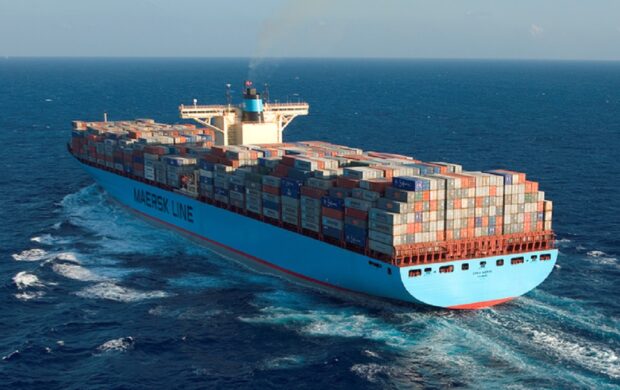New regulations announced by Hong Kong on 21 March 2015 make it the first jurisdiction in Asia to control ship emissions in its ports.

The AFS Regulation prohibits ships from applying organotin compounds in their anti-fouling systems. It requires all ships of 400 gross tonnage (GT) and above engaged in international voyages to carry on board an International Anti-Fouling System Certificate issued by the Flag State Administration, signalling full compliance with the Convention. Violations would mean a fine of HK$200,000 and six months of imprisonment.
Hong Kong NGO Clean Air Network (CAN) has also pressed the city government to implement new anti-pollution measures at the Kai Tak Cruise Terminal.
The requests by CAN include:
– The adoption of shore power
– The use of marine fuels with a sulphur limit lower than 0.5%
– The creation of a Emission Control Area (ECA) in the Pearl River delta.
In a study by Civic Exchange, a switch to 0.5% sulphur fuel could cut avoidable deaths from Ocean Going Vessel (OGV) pollution from 385 to 197. Sulphur dioxide emissions, which are indicative of marine sources, currently surpass WHO pollution guidelines at all Hong Kong monitoring stations bar one. However, the efforts to create an Emission Control Area are constrained by the increasing number of cruise ships docking at Kai Tak Terminal.
Signal spotted by Madhumitha Ardhanari
Image: Let Ideas Compete / Flickr












